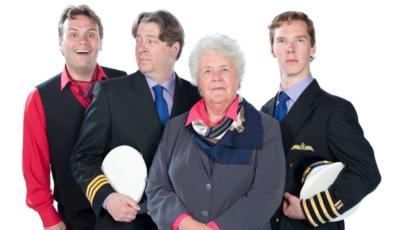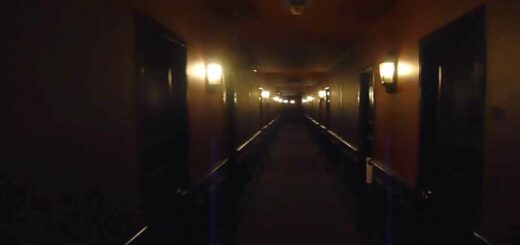Three Men On Tour: 10
For such a sleepy idyll, the Cotswolds is an unlikely scene for war and bloody conflict. Yet, in the 17th century it was the battleground for much of the English Civil War. No one could have predicted the breakdown in relations between king and parliament, yet in hindsight it was inevitable. The king, convinced of his right to rule by divine authority and resentful of parliament’s attempts to control him, had depleted the royal coffers and was reliant on taxes granted him by parliamentary hand. Parliament, on the other hand, was suspicious of the king’s religious leanings, not wanting a return to Catholicism.
Things came to a head when Charles, sick of the restrictions on his purse and his rule, refused to call parliament to assembly for eleven years – a period known as the eleven years of tyranny. This, along with his heavy handed attempts to extract money from the populace to fund his lifestyle, led to simmering resentment among the people, including many who had previously been loyal to the crown.
Ultimately, however, the precipitate of war came from Ireland. A successful rebellion in Scotland forced Charles to reconvene parliament, since the Scottish rebels had camped in the North of England and demanded payment to prevent their advance, a fee which only the parliamentary purse could pay. The new parliament, however, took this opportunity to impose greater restrictions on the king, forcing him to sign acts handing them more control. In particular, they insisted on removing the king’s right to dissolve parliament, effectively preventing their dismissal from power on the king’s whim.
Immediately on obtaining this strength, parliament went on the offensive. They accused the king’s loyal follower, Viscount Wentworth, who had gained favour with the crown by successfully suppressing dissent in Ireland, of doing so by improper use of military force. Worse, they accused Wentworth, and by extension the king, of attempting to bring that force to England where it would be used to oppress the people and effect martial law.
After this, the drift to war was inevitable. In 1642, Charles attempted to arrest five members of the House of Commons, while parliament accused Charles of consorting with the Irish and attempting to replace English Protestantism with Irish Catholicism. The City of London’s troops sided with parliament and Charles was forced to flee to Nottingham. By August, the country had descended into civil war.





Recent Comments